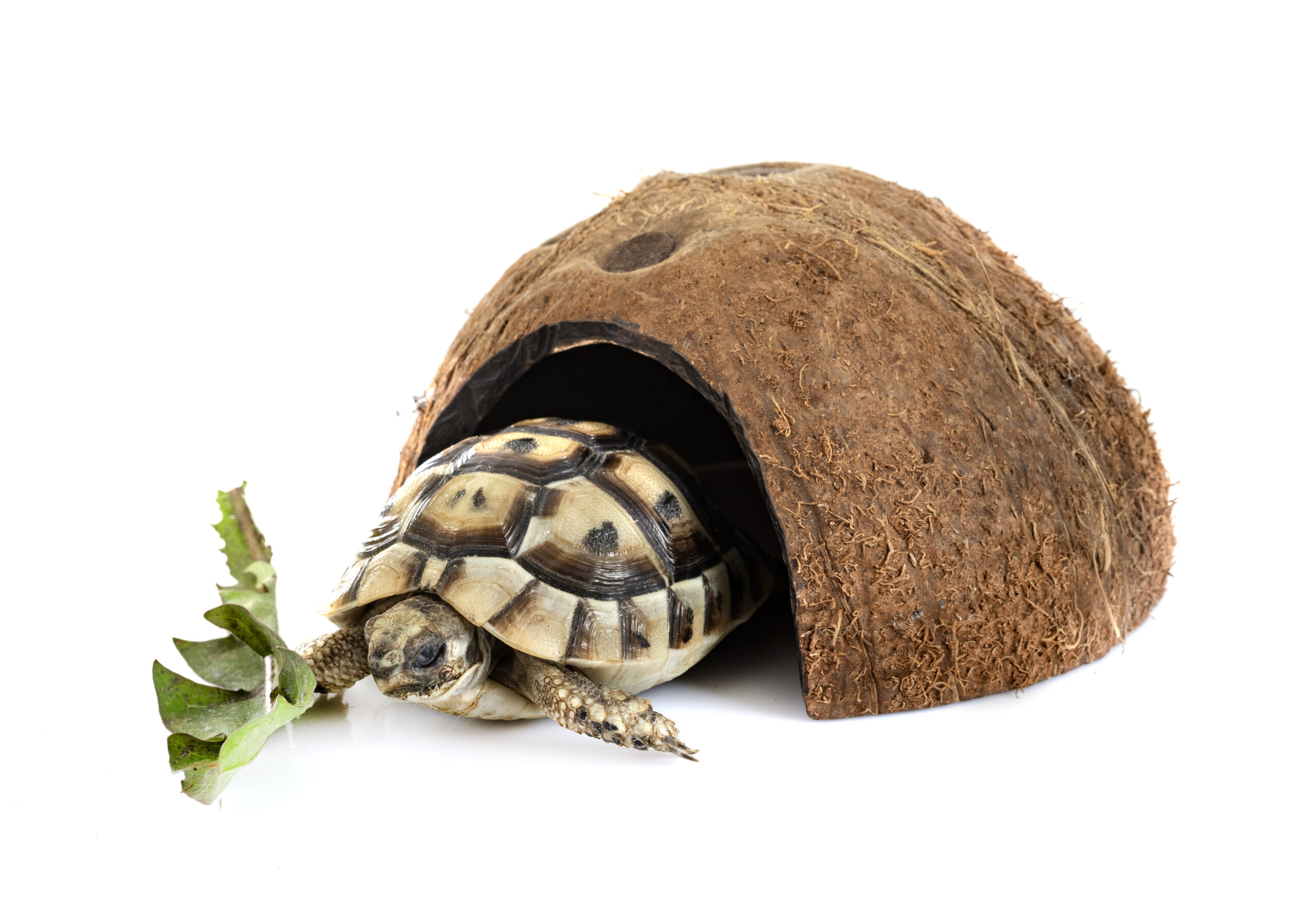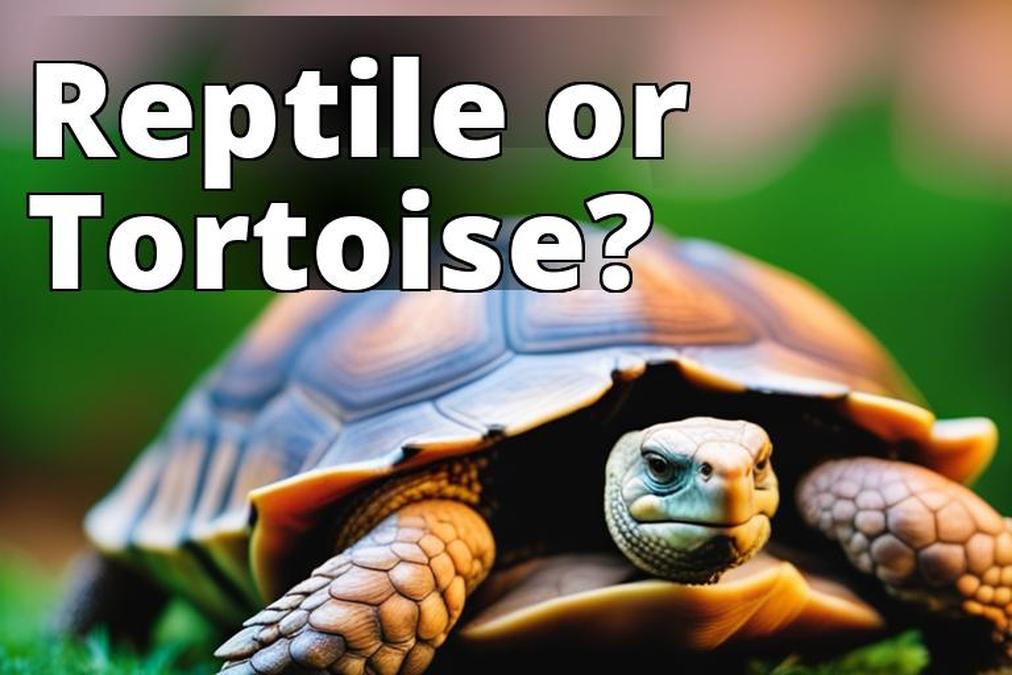Turtles are fascinating creatures known for their resilience and slow-paced lifestyle. But have you ever wondered, do turtles get depressed? While their emotions may not mirror those of humans, turtles can indeed experience shifts in their mood and show signs of sadness. Understanding their mental health is crucial for providing them with the care they need.
In this article, we will delve into the topic of turtle depression, exploring the common causes of depressive behavior in turtles, how to identify signs of depression, the environmental and physical stressors that can impact their mood, and steps to care for their mental health.
Key Takeaways:
- Turtles can experience mood changes and show signs of sadness, though their emotional range differs from humans.
- Understanding the causes of turtle depression can help create a healthy and stimulating environment for your pet.
- Signs of depression in turtles include lack of appetite, apathy, unusual aggression or lethargy, and changes in basking patterns.
- Environmental and physical stressors, such as loud noises and improper handling, can negatively impact turtle mood.
- Providing a safe and enriching habitat, a proper diet, and controlling the temperature can contribute to a turtle’s mental well-being.
Introduction to Turtle Mood and Depression
Turtles, although not possessing the same range of emotions as humans, are capable of experiencing changes in their behavior and mood. While they may not feel sad in the same way humans do, they can still exhibit signs of distress and unhappiness. Understanding turtle emotions and being aware of potential behavioral problems is essential for providing them with the care they need.
While turtles have basic emotions, such as pleasure and stress, their emotional range may be different from what humans experience.
When turtles are stressed or unhappy, they may exhibit behaviors that signify their emotional state. These behaviors can include changes in eating patterns, withdrawal from social interactions, excessive hiding, or aggressive behavior.
It’s important to note that these behaviors alone do not definitively indicate depression in turtles, as their emotional landscape is different from ours. However, they can serve as potential signs of distress and may warrant further investigation.
The various factors that can impact a turtle’s mood include their surroundings, diet, social interactions, environmental conditions (such as temperature and sunlight), and overall health. By understanding these factors, we can gain insights into the potential causes of behavioral problems in turtles and take appropriate action.
While there is ongoing debate and research surrounding turtle emotions and their capacity for sadness, it is clear that they can experience behavioral issues and exhibit signs of distress. In the following sections of this article, we will delve deeper into the topic of turtle depression, exploring the evidence and potential causes behind it, as well as provide insights into caring for the mental health of our beloved shelled friends.
Do Turtles Get Depressed?
In this section, we will delve deeper into the question of whether turtles can get depressed. Understanding the emotional state of turtles is crucial for providing appropriate care and ensuring their well-being. While turtles may not experience emotions in the same way humans do, there is evidence to suggest that they can exhibit signs of depression.
Turtles have complex neurobiology and can experience changes in behavior and mood. Researchers have found that certain environmental factors, such as stressful living conditions, lack of stimulation, and social isolation, can contribute to depressive behavior in turtles. These factors can disrupt their natural behavioral patterns and lead to signs of depression.
Signs of depression in turtles can include lethargy, loss of appetite, withdrawal from social interaction, and changes in basking patterns. It is essential to closely monitor these behavioral changes and seek veterinary assistance if necessary.

While further research is needed to fully understand turtle emotions, acknowledging the potential for depression in turtles allows us to take steps towards promoting their mental health. By providing a stimulating and enriched environment, ensuring proper nutrition and social interaction, and addressing any underlying causes of stress or depression, we can support the overall well-being of these fascinating creatures.
Common Causes of Depressive Behavior in Turtles
Depressive behavior in turtles can be caused by several factors that can have a significant impact on their mental well-being. By understanding these common causes, turtle owners can take proactive steps to ensure a healthy and stimulating environment for their beloved pets.
Below are some of the key factors that contribute to turtle depression:
- Constant scares: Turtles are sensitive creatures that can easily become stressed or frightened. Frequent scares, such as being approached or handled aggressively, can lead to persistent anxiety and depression.
- Excessive stress: Like humans, turtles can experience stress from various sources, including loud noises, sudden changes in their surroundings, or the presence of aggressive pets. Prolonged exposure to stressful conditions can contribute to depressive behavior.
- Pregnancy: Female turtles that are carrying eggs may undergo hormonal changes that can affect their mood and behavior. The stress of pregnancy can sometimes result in depressive symptoms.
- Lack of a basking area: Turtles require a designated basking area where they can dry off and receive necessary heat and UVB light. Without a suitable basking area, turtles may feel deprived and exhibit signs of depression.
- Bad food: A poor diet lacking in essential nutrients can have a negative impact on a turtle’s overall health, including their mental well-being. Inadequate nutrition can contribute to depressive behavior.
- Improper water and basking area temperatures: Turtles are ectothermic animals, meaning they rely on their environment to regulate their body temperature. Inconsistent or incorrect water and basking area temperatures can cause discomfort and lead to depressive symptoms.
By addressing these common causes of turtle depression, owners can create a safe and nurturing environment that promotes their pet’s mental health and overall well-being.

Environmental and Physical Stressors on Turtles
In order to understand and address the mood of turtles, it is important to recognize the environmental and physical stressors that can impact their well-being. By identifying these stressors, turtle owners can take proactive steps to minimize their impact and create a calmer and more conducive environment for their pets.
“Creating a stress-free environment for turtles is crucial for their overall health and happiness.”
Some of the common stress factors for turtles include:
- Loud speakers near the tank: Exposure to loud noises, such as music or television, can cause stress and anxiety in turtles. It is important to keep their environment peaceful and quiet.
- Presence of aggressive pets: If there are other pets in the household, such as dogs or cats, that display aggressive behavior towards the turtle, it can have a negative impact on the turtle’s mood. Separating them or providing safe spaces is essential.
- Improper handling: Improper handling of turtles, such as rough or excessive handling, can lead to stress and discomfort. Gentle and careful handling is necessary to prevent unnecessary stress.
- Frequent interactions: While turtles require interaction and stimulation, excessive handling or frequent interactions can cause stress. Finding a balance and providing regular but controlled human interaction is important for their mental well-being.
Creating a stress-free environment for turtles is crucial for their overall health and happiness. By minimizing these environmental and physical stressors, turtle owners can promote a calm and tranquil atmosphere that is beneficial for their pet’s well-being.
Caring for the Mental Health of a Turtle
Proper care and attention can significantly contribute to the mental well-being of a turtle. By focusing on creating a safe and enriching habitat, providing a balanced diet and nutrition, and maintaining proper temperature control, turtle owners can ensure their pets lead happy and healthy lives.
Creating a Safe and Enriching Habitat
A turtle’s habitat plays a crucial role in their mental health. It is essential to provide a spacious tank that mimics their natural environment. This includes incorporating elements such as rocks, plants, and hiding spots. Additionally, regular cleaning and maintenance of the habitat are crucial to prevent the build-up of harmful bacteria that can affect a turtle’s overall well-being.
Proper Diet and Nutrition
A well-balanced diet is vital for a turtle’s physical and mental health. Ensure you are feeding your turtle a variety of foods, such as leafy greens, protein sources, and occasional fruits. Avoid overfeeding and provide food in appropriate portions. Consulting a veterinarian or reptile expert can help you determine the best diet for your specific turtle species.
Temperature Control in a Turtle’s Environment
Turtles are ectothermic, meaning they rely on their environment to regulate their body temperature. Maintaining the appropriate temperature in their habitat is crucial for their overall well-being. Use a reliable thermostat and heating equipment to ensure the water and basking area temperatures are within the recommended range for your turtle’s species. Providing a comfortable and stable temperature will help reduce stress and promote a healthy mental state.
By prioritizing these aspects of care, turtle owners can actively contribute to the mental health and well-being of their beloved pets. By creating a safe and enriching habitat, providing a balanced diet and nutrition, and maintaining proper temperature control, turtles can thrive and live fulfilling lives.
Conclusion
In conclusion, understanding and addressing the mental well-being of turtles is crucial for providing them with a happy and fulfilling life. Throughout this article, we have explored the concept of turtle mood and depression, highlighting the evidence that suggests turtles can indeed experience depressive behavior. By recognizing the signs of depression in turtles, such as lack of appetite, apathy, unusual aggression or lethargy, and changes in basking patterns, turtle owners can intervene and provide the necessary care.
Common causes of turtle depression, such as constant scares, excessive stress, pregnancy, lack of a basking area, bad food, and improper water and basking area temperatures, have also been discussed. It is important for turtle owners to create a safe and enriching habitat, provide a proper diet and nutrition, and control the temperature in their pet’s environment. These measures can help minimize environmental and physical stressors that may impact the mood of turtles.
By prioritizing the mental health of turtles, we can ensure their overall well-being. The key takeaway from this article is that turtles are sensitive creatures that require proper care and attention to thrive. By understanding their mood, identifying signs of depression, addressing common causes of depressive behavior, and providing the necessary care, turtle owners can contribute to the health and happiness of their beloved pets.
FAQ
Do turtles get depressed?
Yes, turtles can experience depression. While they may not have the same emotional range as humans, they can show signs of sadness and mood changes. Understanding their mood is important for providing proper care and addressing any potential mental health issues.
What are the signs of depression in turtles?
Signs of depression in turtles may include lack of appetite and apathy, unusual aggression or lethargy, and changes in basking patterns. If you notice these signs in your turtle, it may be an indicator of a depressed mood.
What are the common causes of depressive behavior in turtles?
Some common causes of depression in turtles can include constant scares, excessive stress, pregnancy, lack of a basking area, bad food, and improper water and basking area temperatures.
How can I tell if my turtle is depressed?
You can tell if your turtle is depressed by observing their behavior. If they have a lack of appetite, seem apathetic, display unusual aggression or lethargy, or show changes in their basking patterns, it may indicate depression.
What are the environmental and physical stressors that can impact a turtle’s mood?
Environmental and physical stressors that can impact a turtle’s mood include loud speakers near the tank, the presence of aggressive pets, improper handling, and frequent interactions. Minimizing these stressors can help create a calmer environment for your pet.
How can I care for the mental health of my turtle?
You can care for the mental health of your turtle by creating a safe and enriching habitat, providing a proper diet and nutrition, and controlling the temperature in their environment. These factors can contribute to a positive and healthy mental state for your pet.







